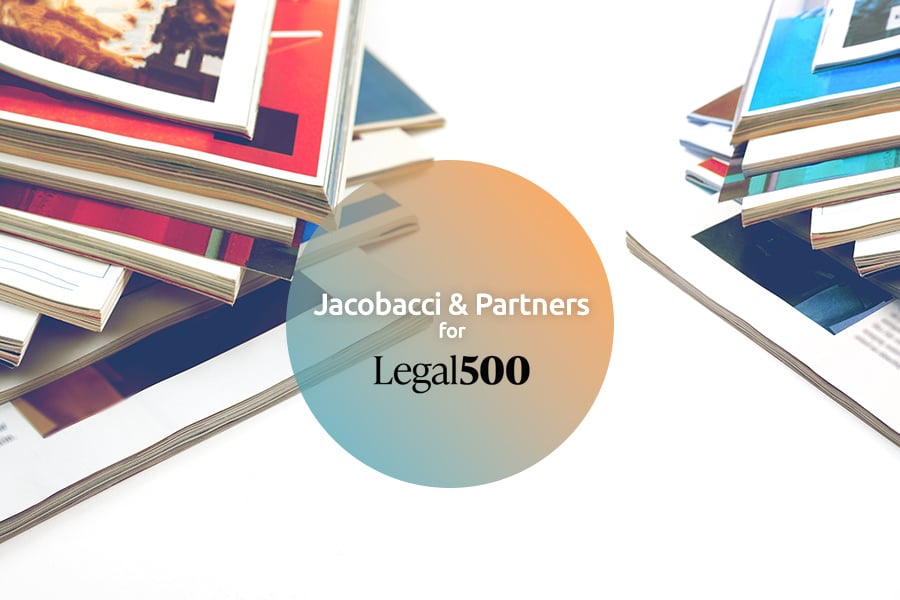The Board of Appeals of the Italian Patent and Trademark Office (IPTO) has issued a decision on validations of European patents by successors to patent owners. The board asserted that the IPTO has no obligation to verify the applicant’s entitlement to validation and should presume that it owns the patent right at the time of validation and is entitled to enforce it.
Background
In 1995 two joint applicants filed for a European patent application. Ten years later this patent was granted in both their names, as the EPO was never informed that two years before grant, one of the applicants had acquired all the rights to the patent.
Consequently, the patent’s validation in Italy was pursued in the name of both original applicants, as these were the joint owners according to the European Patent Register. However, the representative appointed by the applicant who had acquired all rights to the patent informed the IPTO, advising it that power of attorney from the alleged co-owner was no longer necessary for the validation, in view of the change of ownership which took place before the validation proceedings commenced.
The IPTO rejected the petition for validation, though a petition for recording the transfer of rights had been filed with it in the meantime. The Office relied on the original information in the register, ignoring the change in ownership that had taken place. In view of this incorrect record, the IPTO required powers of attorney from both the presumed patent owners, based on the principle that where a representative acts on behalf of joint owners to validate a European patent in Italy (ie, by filing a certified translation of the text of the granted patent), it must be able to prove that –it was appointed by all owners, unless one of them is unambiguously nominated by the others to administrate the jointly owned patent. The IPTO’s decision was confirmed in the past by the same Board of Appeal (decision 24/08).
Decision
In the board's view, the petition for validation should indeed originate from the patent owner(s) – they must either provide the required translation directly or appoint a representative to do so. However, the general principle that the IPTO is not responsible for verifying applicants’ entitlement shall apply with regard to validation proceedings for European patents, just as it does for national applications.
Therefore, verifying that the alleged patent owners have indeed authorised any representative has nothing to do with assessing the actual ownership of the patent from a legal point of view. In the reasons for its decision, the board pointed out that the two matters should never have become confused, and that a thoughtless application of the provisions defining the administrative procedures relating to IP rights, without correctly considering the juridical context, may well yield impractical results.
Specifically, the board rendered a more general guideline for all validation proceedings by pointing out that it would be sufficient for the appointed representatives to inform the IPTO of the patent’s new owners. According to the board, the IPTO should restrict itself to taking note of such information, since it does not have the authority to assess the actual ownership of the patent and the right to file a petition for validation. Therefore, it should proceed and grant the validation petition without any further investigation.
Implications
Patent owners pursuing validation in Italy are strongly recommended to take advantage of this favourable decision by providing their representatives with evidence to support any transfer of rights (eg, relevant excerpts from the Register of Commerce), with a view to streamlining the proceedings and possibly avoiding extra costs.
According the board’s decision, an official record of the transfer of ownership in the Italian register of European patents is not essential to persuade the IPTO that a person is entitled to validate a European patent. Nonetheless, it is strongly recommended that any modification to ownership of an IP right (be it an assignment, a merger or any other transfer, as well as a change of name) be recorded in the official register soon after the validation, so that the new owner can oppose any third party claiming rights in the same title and/or prove entitlement to act judicially against a competitor.





